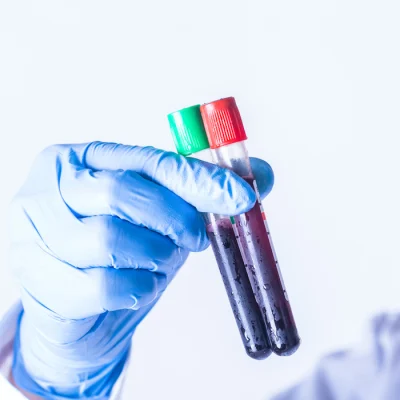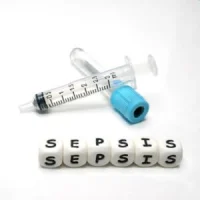Severe bacterial infections pose a significant threat to public health, with 1.7 million people in the U.S. infected with sepsis every year. There has been a constant debate within medicine as to when treatment should be administered.
Current guidelines state that blood cultures should be taken before antimicrobial treatment is initiated, as is the common course of action for internal medicine physicians. However, common practice amongst emergency medicine physicians, for example, is the immediate treatment of sepsis manifestations with broad-spectrum antibiotics to prevent mortality. No studies have previously taken place to compare the effectiveness of blood cultures taken before antimicrobial treatment and directly after treatment begins.
A recent prospective study from researchers at Brigham and Women’s Hospital across seven centres in the U.S. assessed the effectiveness of blood cultures pre- and post-treatment. The FABLED (eFfect of Antimicrobial administration on BLood culture positivity in patients with severe manifestations of sepsis in the Emergency Department) study took place between November 2013 and September 2018.
325 individuals participated out of the 3164 which were screened. These participants were all adult patients who had presented in the emergency department with a suspected sepsis infection. Blood cultures were taken before treatment began and repeatedly two hours after treatment had started.
Results found that only 52.9% of cultures taken post-treatment identified the same pathogens as cultures taken pre-treatment, indicating a 50% loss of clinical information during antimicrobial treatment. Matthew Cheng, MD, corresponding author in the study, discussed how these results signify the intricate balance between speedy treatment and clinical data. This is especially important when we consider the impact of sepsis in healthcare and the need to understand how best to treat it.
It was previously unknown how rapidly blood cultures can lose their ability to grow organisms after treatment, with physicians thinking that antibiotic administration before blood cultures could still be an effective form of treatment. However, this study confirms that post-treatment blood cultures are unreliable for accurate microbial diagnosis.
The findings here emphasise the importance of using a more specific antibiotic treatment based on culture results. Mirroring the guidelines from the Surviving Sepsis Campaign, Cheng stresses the importance of not deferring blood cultures.
Source: Brigham and Women's Hospital
Image Credit: iStock
References:
Cheng, MP et al. (2019) Blood Culture Results Before and After Antimicrobial Administration in Patients With Severe Manifestations of Sepsis: A Diagnostic Study. Annals of Internal Medicine [Online] Available from: annals.org/aim/article-abstract/2751453/blood-culture-results-before-after-antimicrobial-administration-patients-severe-manifestations
Latest Articles
Sepsis, Blood Cultures Before Sepsis Treatment
A recent prospective study from researchers at Brigham and Women’s Hospital across seven centres in the U.S. assessed the effectiveness of blood cultures pre- and post-treatment for sepsis treatment.










